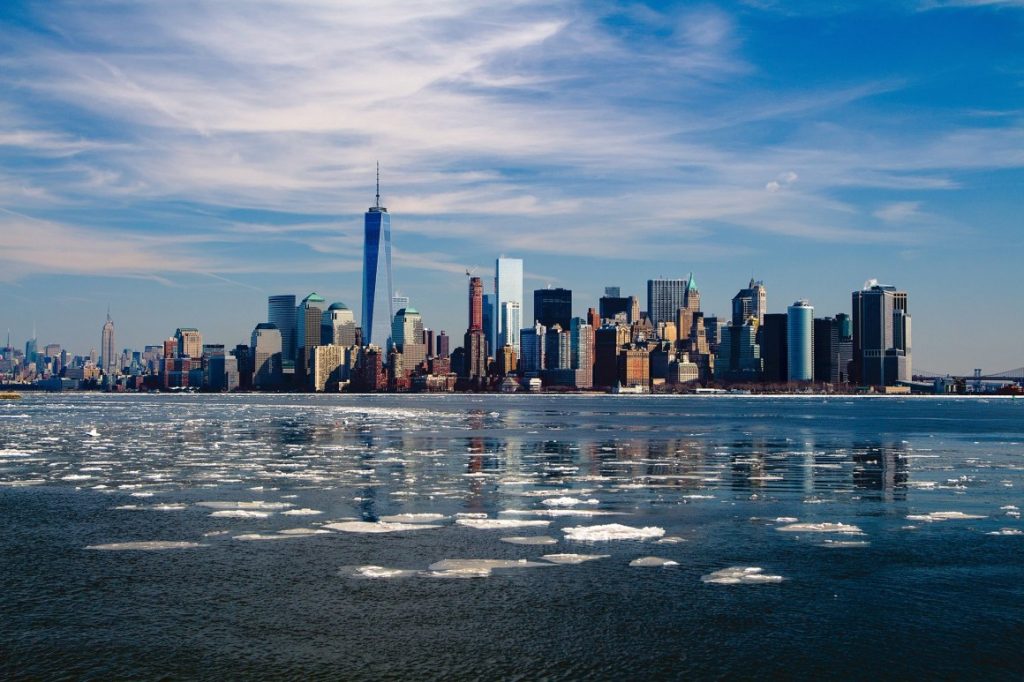AMPS Conference 2021

June 16–18, 2021
Virtual / New York. City Tech, CUNY
call:
The premise of this conference is that the city is a site of interconnected problems. No single issue dominates its needs. No single discipline has the answers to its questions. As a result, the range of issues we deal with is vast. Urban designers are developing new models of settlement planning to address housing needs. Architects are renovating ever more existing buildings. Infrastructure designers are developing faster modes of transportation. Planners are demanding lower C02 emissions from industry. Health professionals are rethinking movement in the city. Policy makers are addressing grass-roots demands for regional governance.
While all such issues respond to unique and independent demands, they are all interrelated. Climate change is a perfect example. Scientists, policy makers, activists and designers the world over are engaged in the issue. Some focus on rehousing displaced peoples, others challenge throwaway culture and stress reuse. Health professionals examine disaster relief while planners look at shared transport models. Environmentalists seek to reduce energy consumption, while communities plan for resilience. At the same time, economists look to finance cleaner industries. In tackling a particular issue then, multiple disciplines are overlapping and drawing on the work of others. In short, their work is reaching beyond the boundaries of individual fields.
In looking at the city as a site of such inherent interdisciplinarity, the conference venue offers insights. New York is a city of over 8 million people. It has an affordable housing problem and, located on the coast, is threatened by rising sea levels. The site for the United States’ most iconic historic buildings, it demands 21st Century uses of them. The home of the US public health movement in the 19th Century, it is at the forefront of the healthy city agenda today. Historically a landing port for immigrants it knows the pressures of displacement and migration. A city for the wealthiest elites in the world, it exhibits poverty, social exclusion and periodic cultural tensions.
In this place, as in cites the world over, none of the issues that vex the metropolis are isolated, and none of their factors, consequences or responses are limited to single disciplines.
June 30, 2020: Early abstracts.
